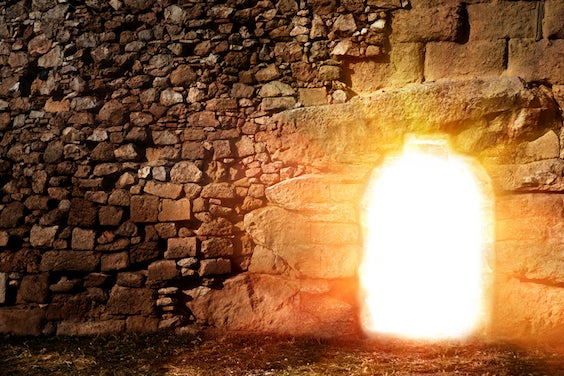
Life in ancient Palestine was rough. The Jews who left for Babylonia tended to have it easier, living under kinder rulers than those in Roman and Byzantine Palestine. But those Palestinian Jews had an advantage: According to the prophet Joel, they would reap the eternal benefits of the last judgment and the resurrection that would follow.
Why then, rabbinic scholars like Elazar ben Paedat wanted to know, should diaspora Jews get the same benefits as those who toughed it out in Palestine? That’s right, the Gemara quotes him as saying, “the dead outside the land do not live again.” Sorry, y’all.
Talmudic rabbis were alarmed by the suggestion that those buried in the diaspora are at an eternal disadvantage, so one came up with a loophole. “Pshaw,” Rabbi Il’a of Tiberias more or less says. What Elazar meant is just that their resurrection won’t happen in the diaspora. How, then, will it happen? Well, duh, as Hillel Halkin explains in his new book, After One-Hundred-and-Twenty: Their bones will just tumble underground to the Holy Land, in special bone-tumbling tunnels made specially for that purpose.
That’s right, via a special miracle called gilgul mehilot, tumbling through tunnels, “underground locomotion of bones to the Land of Israel became a widespread Jewish belief.”
So don’t even worry about it if you can’t get yourself to the holy land after your death. Those tunnels will see you through.
JTA has documented Jewish history in real-time for over a century. Keep our journalism strong by joining us in supporting independent, award-winning reporting.





